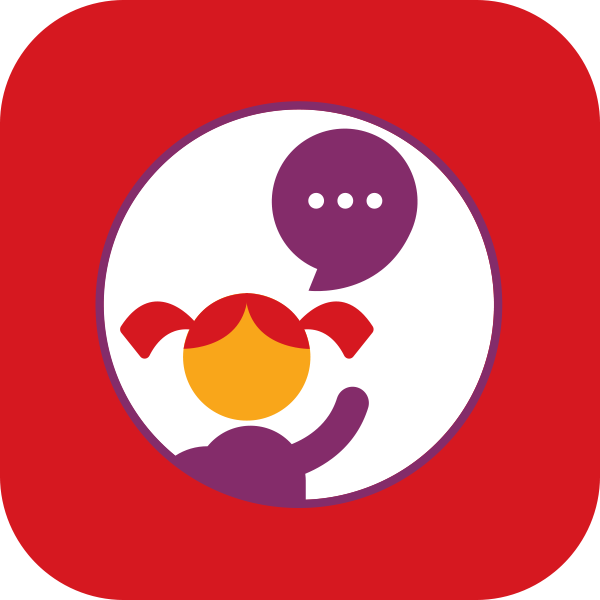“ ”
A recent example of this was seen in a school where it was unclear if a child’s learning difficulties were the result of having English as an additional language or a special educational need. The child, aged 8 years, was reportedly having difficulties gaining basic literacy skills, retaining learning and, despite living in the UK since the age of 4, difficulties using age-appropriate vocabulary.
Screening with the WellComm toolkit quickly identified that although her language understanding was at an age expected stage, she was having difficulties recalling what she had heard, structuring sentences for speaking (grammar) and difficulty retrieving vocabulary. Although she was able to recognise objects and describe how they would be used she was unable to provide labels in either English or her home language.
With evidence from the screener and other qualitative and quantitative information about the child, it was decided that there was a special educational need – therefore cycles of ‘assess, plan, do and review’ were begun. Planned interventions, including activities and general strategies from the ‘Big Book of Ideas’, were put in place to remove barriers to learning in the classroom. This included pre-teaching vocabulary, the use of sentence stems and colourful semantics to support sentence grammar.
The screener was repeated after a period of eight weeks. There was a notable improvement in the child’s ability to structure sentences for talking, however this was still a cause for concern. Their ability to recall what they had heard was still scoring in the amber zone, and the class teacher continued to express concerns about retention of subject specific vocabulary and speech articulation.
An onward referral was made to speech and language therapy, which included crucial information about specific difficulties, as well as response to well-founded intervention. The referral was accepted and an assessment is due to take place soon. In the mean-time, the school continues to deliver the targeted interventions suggested in the WellComm Primary toolkit.


